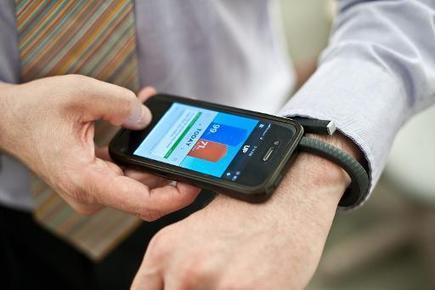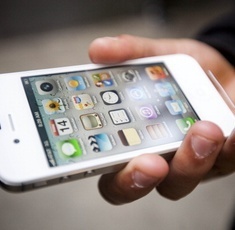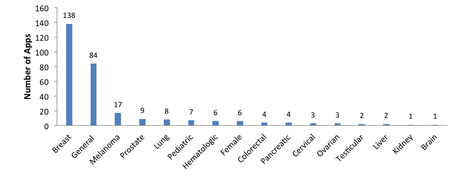After an initial diagnosis, diabetes sufferers often experience a period of shock when they learn that everything has to change. Turkish mobile operator, Turkcell, and agency R/GA London have created an app to make adjusting to the necessary life changes much easier.
Instead of trying to persuade sufferers to adopt entirely new habits, tools and behaviors to monitor the condition, "healthmetre" deploys Instragram, a tool many people already use and taps into behaviors that people already have.
R/GA designed healthmetre to be a more human way to manage diabetes and help patients develop new, more healthy habits in a way that feels natural and thereby, helping them reach a level of consistency.
The idea is to make using the app as simple as possible, helping people stay motivated, complying with treatment and keeping the lines of communication with medical staff open.
Diabetes is an increasing problem across the world and Turkey has been particularly affected. The most recent statistics (2014) from the International Diabetes Federation show that Turkey has the highest rate of the illness in Europe, with an incidence of 14.7%, much higher than countries like, for example, the U.K. (5.4%) or mid-ranked Germany (7.9%).
The results of the 18-month trial are highly encouraging. Treatment compliance increased by 54%. Blood sugar levels decreased by 27% and complication forecasts decreased by 37%.
more at http://www.fastcocreate.com/3047389/a-new-app-to-make-life-easier-for-diabetics-using-instagram
Via nrip, Rémy TESTON



 Your new post is loading...
Your new post is loading...










